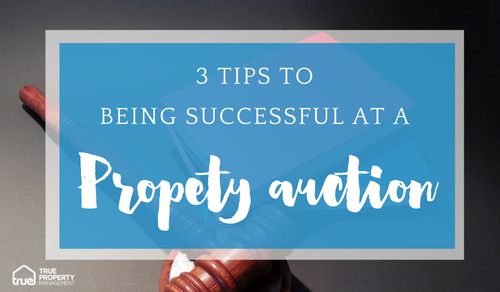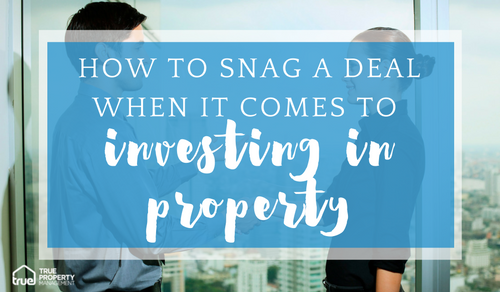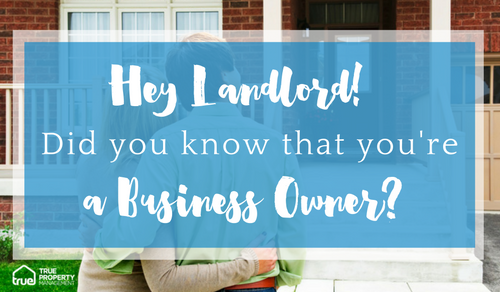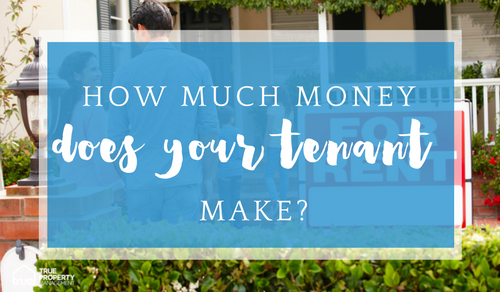
Every industry has their jargon and unique terminology and property investing is no exception. Taking the time to learn all the words and acronyms will make life easier for you when you are negotiating and running your rental property business.
The list below is not complete by any means, but here are a few of the most common terms to get you started. How many do you already know? What other essentials do you recommend adding to the list?
AARP – Annualised Average Percentage rate. Sometimes referred to as the comparison rate and takes into account all the costs associated with a loan, and is also used to compare loans
Appraisals or Valuations – Is a written report of the estimated value of a property
Appreciation – This is an increase in the value of the property (or another asset).
Body corporate – This an administrative body which is made up of all the owners within a group of units or apartments of a strata building.
Bridging finance – This is a short-term loan intended to bridge the gap between buying a new property and selling an existing one.
Capital gain – This is the amount by which your property has increased in value compared to what you originally paid for it. For example, if you bought a property for $50,000, 20-years ago, and it is now worth $650,000 you have made a capital gain of $600,000.
CGT (capital gains tax) – If you sell a property that has increased in value, this is the tax that you pay on the profit. Using the example above, you would be paying tax on the $600,000 you made.
Cooling-off period – This is where the purchaser has a period to withdraw legally from the purchasing of the property. Each territory is different on the time frame offered so check the requirements for your area.
Cross-securitisation/cross-collateralisation – Using one of your properties as security for another property.
Default – Failure to pay a debt by the due date.
Depreciation – This is the decrease in value of an item (e.g., a building) over time. You need to declare your depreciation on your taxes each year.
Equity – This is the difference between your mortgage and your property’s value.
LMI (lenders mortgage insurance) – If you are borrowing more than 80% of the property’s value, the lender will usually require you to take out this insurance in case you default on the loan.
LOC (line of credit) – Similar to a credit card. It is money available to you to use at any time.
Low-doc loans – This is a loan that does not require as much documentation as a traditional loan. This is an attractive option for the self-employed.
LVR (loan-to-value) ratio – To calculate the ratio divide your loan amount by the value of the intended property. Multiply the figure by 100 to get a percentage. This ratio is used to see if you can truly afford the loan.
Median – The median house price is the middle price of ALL sales recorded in a particular suburb, postcode, city or state.
Negatively geared – The opposite of a positively geared property (see below). This refers to where you are spending more money on the property than you are currently getting out of the property. The benefits are that you can offset the costs against your taxes. This is a good option for high-income earners.
O&A (offer and acceptance) Form – This is the form you sign when putting an offer on a property. When the owner accepts and signs this form, it then becomes a binding contract.
Portfolio (as in property portfolio) – The is the number and type of investment properties you own. The greater the portfolio, the bigger the profit (but not always).
Positively geared – When the income you receive from the property is more than ALL the costs involved in owning the property.
PPOR or PPR – Your principal place of residence.
Principal and interest – This is the amount that was borrowed and still has to be repaid, plus the interest on the mortgage. The Principal is the portion that reduces the balance of the mortgage.
Property cycle – Property follows a period, where there is a Growth phase, a Slowdown phase, a Bust and then an Upturn. The cycle repeats every 7-10 years.
Refinance – This is the term used when you obtain additional funds usually used to pay off an old loan, by using a new (and cheaper) loan.
Rental yields (and calculations) – This is the return on investment as a percentage of the amount that you invested into the property. Multiply the weekly rent by 52 weeks in the year. Then divide that by the value of the building. Finally, multiply that figure by 100 to get a percentage.
Serviceability – Based on your income and expenses – can you make the mortgage repayments?
Stamp duty – The state government tax on the transfer of property. This is calculated based on the value of the property.
Strata title – Also known as a unit title. This title grants you ownership of a section or a ‘unit’ of a larger building.
Supply and demand – An economic term that defines the market. Determined by the amount of property that is available for sale and the number of buyers in the market. If there are a lot of properties available to purchase it is a ‘buyers’ market’ if there are a lot of buyers then, it’s a ‘sellers’ market’.
Vacancy rates – This is the measure of how many dwellings are available to rent for a specified period. If there is a low vacancy rate, it means there are not many properties available to rent which is the ideal situation for a property investor.
Vendor’s terms/Wrap – This refers to when a property owner is prepared to offer a buyer finance or other assistance to the purchaser. These may include staged payments to assist with the purchase of the building (also known as ‘wrapping’).
Yield – This is the return to an investor on investment. It is the percentage of the amount invested.
Please contact us if you need more help understanding investment property language.









